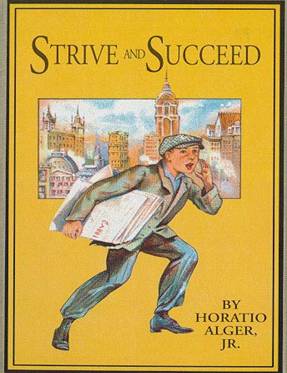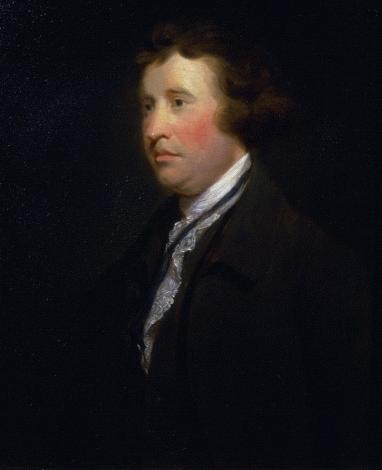Statue of Paine in Burnham Park, Morristown, New Jersey
Today is Tom Paine‘s birthday (1737-1809). We posted on Paine’s Common Sense earlier this month. But with events in Egypt and Tunisia still unfolding, he deserves another look in order to distinguish between revolutionary ideology and revolutionary imagination — a distinction ultimately between secondary concerns and primary ones.
From Fearful Symmetry:
For Satan is not himself a sinner but a self-righteous prig. As Blake explains: “We do not find any where that Satan is Accused of Sin; he is only accused of Unbelief & thereby drawing Man into Sin that he may accuse him.” As long as God is conceived as a bloodthirsty bully this priggishness takes the form of persecution and heresy-hunting as a service acceptable to him. But we saw that under examination Old Nobodaddy soon vanishes into a mere perpetual-motion machine of causation. And as Deism is an isolation of what is abstract and generalized in Christianity, Satan in Blake’s day has become a Deist, and has turned to subtler forms of persecution, to ridicule and shoulder-shrugging and pointing out contemptuously how little evidence there is for any kind of reality except that of natural law.
Yet Deism professed to be in part a revolutionary force. The American and French revolutions were largely Deist-inspired, and both appeared to Blake to be genuiney imaginative upheavals. He wrote poems warmly sympathizing with both, hoping that they were the beginning of a world-wide revolt that would begin his apocalypse. He met and liked Tom Paine, and respected his honesty as a thinker. Yet Paine could write in the Age of Reason: “I had some turn, and I believe some talent for poetry; but this I rather repressed than encouraged, as leading too much into the field of imagination.” The attitude to life implied by such a remark can have no permanent revolutionary vigour, for underlying it is the weary materialism which asserts that the deader a thing is the more trustworthy it is; that a rock is a solid reality and that the vital spirit of a living man is a rarefied and diaphonous ghost. It is no accident that Paine should say in the same book that God can be revealed only in mechanics, and that a mill is a microcosm of the universe. A revolution based on such ideas is not an awakening in the spirit of man: if it kills a tyrant, it can only replace him with another, as the French Revolution swung from Bourbon to Bonaparte. . . An inadequate mental attitude to liberty can think of it only as a levelling-out. Democracy of this sort is a placid ovine herd of self-satisfied mediocrities. (CW 14, 71-2)



